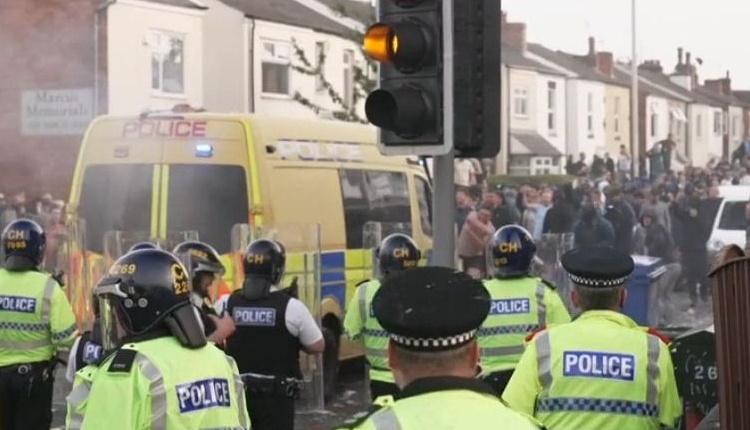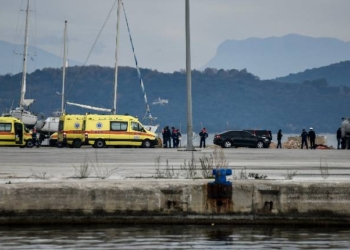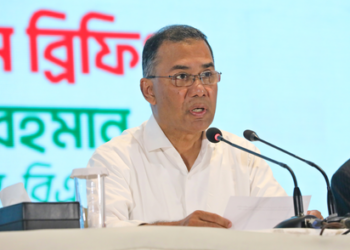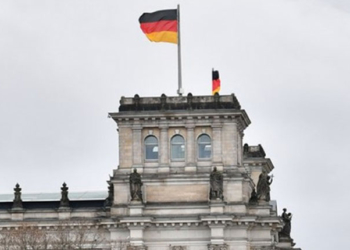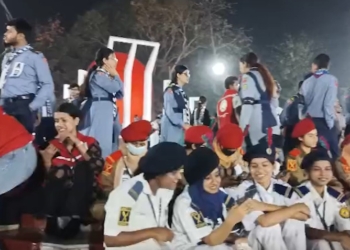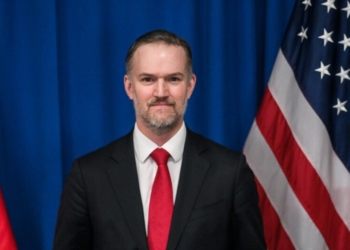London: Public order in the UK has stabilised after days of violent far-right protests, the authorities have said. But they warned that the impact of the unrest will be felt for months and even years.
“The situation in England, Scotland and Wales has somewhat stabilised over the last few days,” said B.J. Harrington, head of the National Police Chiefs’ Council (NPCC) for Public Order, on Sunday.
However, he warned that Northern Ireland is still facing “significant challenges”, where 10 police officers were injured by petrol bombs during a violent disorder on Saturday afternoon, Xinhua news agency reported.
Far-right protests have rocked the country since the end of July sparked by a knife attack in Southport, northwest England, which left three children dead. The rioting has led to injuries among police officers, looting of stores and attacks on hotels housing asylum-seekers.
Authorities believe that a turning point appeared on Wednesday thanks to a heavy police presence in major cities and towns, and swift court actions against rioters.
The UK police had braced for a possible return of riots this weekend, given the start of a new football season and an uptick in temperature. But it turned out to be relatively peaceful except for a few isolated small-scale far-right protests.
In addition, thousands of people participated in anti-racism rallies during the weekend in such cities as London, Newcastle, Manchester, Birmingham, Cardiff, Belfast, Glasgow and Edinburgh.
However, Justice Secretary Shabana Mahmood, writing in The Observer, said the impact of days of disorder would be “felt for months and years to come,” citing court backlogs and prisons “close to overflowing.”
The NPCC said on Saturday that 779 people have been arrested in connection with the rioting, of whom 349 were charged.
Around 30 people have been jailed for their involvement in violent disorder or inciting racial hatred online so far, with the longest sentence being three years.
The number of convictions is expected to rise as the government has vowed to make those who break the law feel the “full force of the law”.
(IANS)




